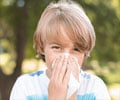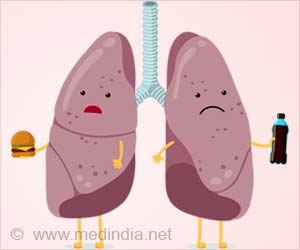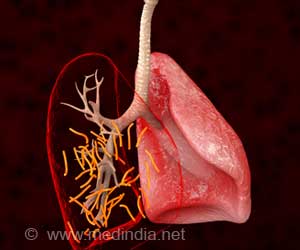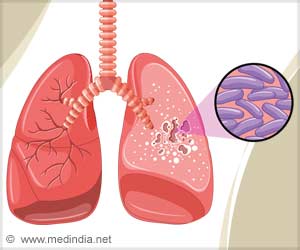How to prevent allergic asthma? The functional reprogramming of immune cells encountering viruses gives protection against the development of allergic asthma.

‘Group 2 innate lymphoid cells shaping the alveolar niche are involved in responses to allergens and certain viruses.’





To go further in the functional understanding of this mechanism, researchers conducted a study that now demonstrates that the functional reprogramming of lymphoid cells induced by the virus is one of the mechanistic keys. Innate Lymphoid Cells in Allergic Asthma: Will They Help You to Breath with Ease?
Group 2 innate lymphoid cells (ILC2s) are involved in responses to allergens and certain viruses, including the influenza virus. Even if this population is in the minority in the lung, this does not detract from their importance and this new study highlights their central role in shaping the alveolar niche.The concept of a niche can be compared to a house that gives structure, support, and identity to its owner. This notion proposes that an immune cell needs a structure and other cells to function properly. In the case of the alveolus, the 'residents' correspond to the alveolar macrophages.
During life, these niches will be remodeled by environmental factors. The macrophages disappear and are replaced by recruited cells, the monocytes, whose functional profile will depend on the repairs made to this house over time, and in particular on the ILC2s that are part of its structure.
This research makes it possible to describe for the first time the modulating effect of ILC2s on monocyte-derived macrophages in adulthood, in the context of a viral infection ensuring protection against the development of allergic asthma.
Advertisement
These different exposures are responsible for distinct education programs of macrophages by ILC2s and could partly explain the variations in sensitivities to respiratory diseases observed between individuals.
Advertisement
Source-Eurekalert














